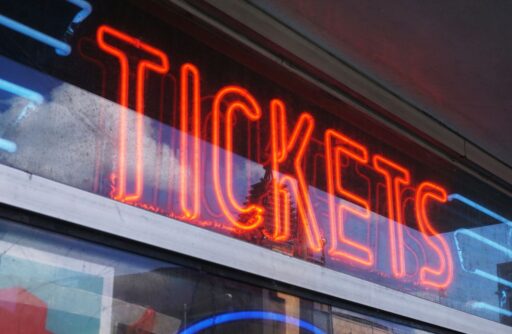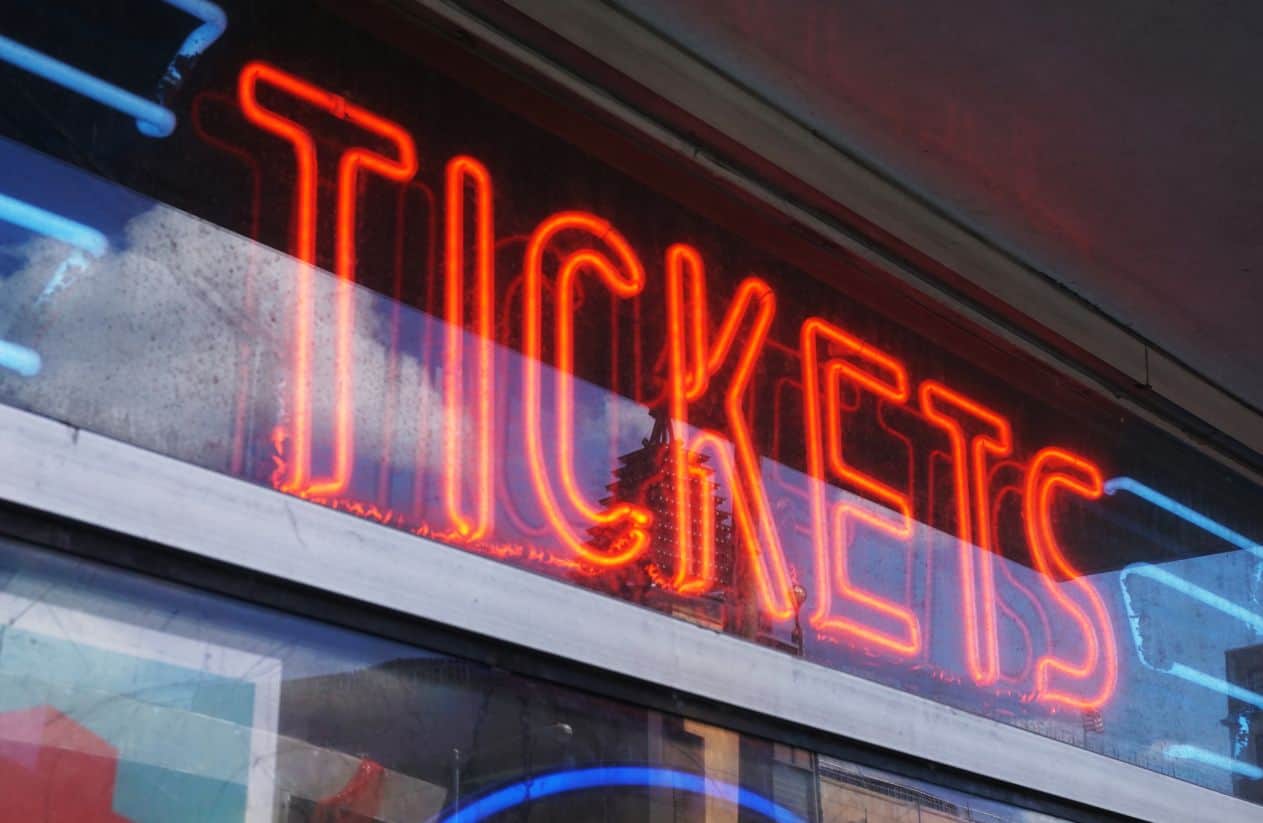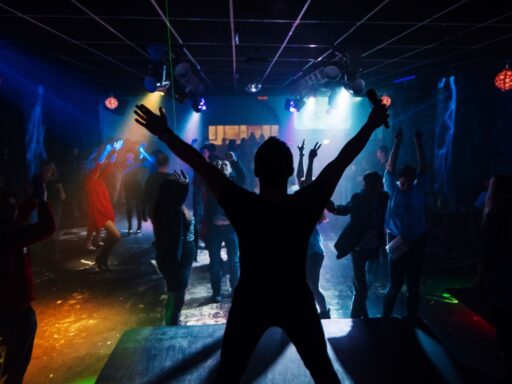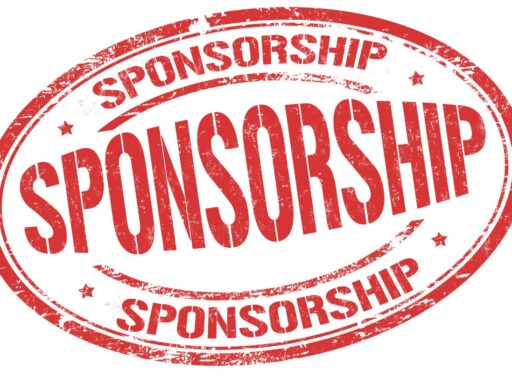Boost your event ticket sales with our ultimate guide!
Use Early Bird Strategy To Boost Your Event Ticket Sales
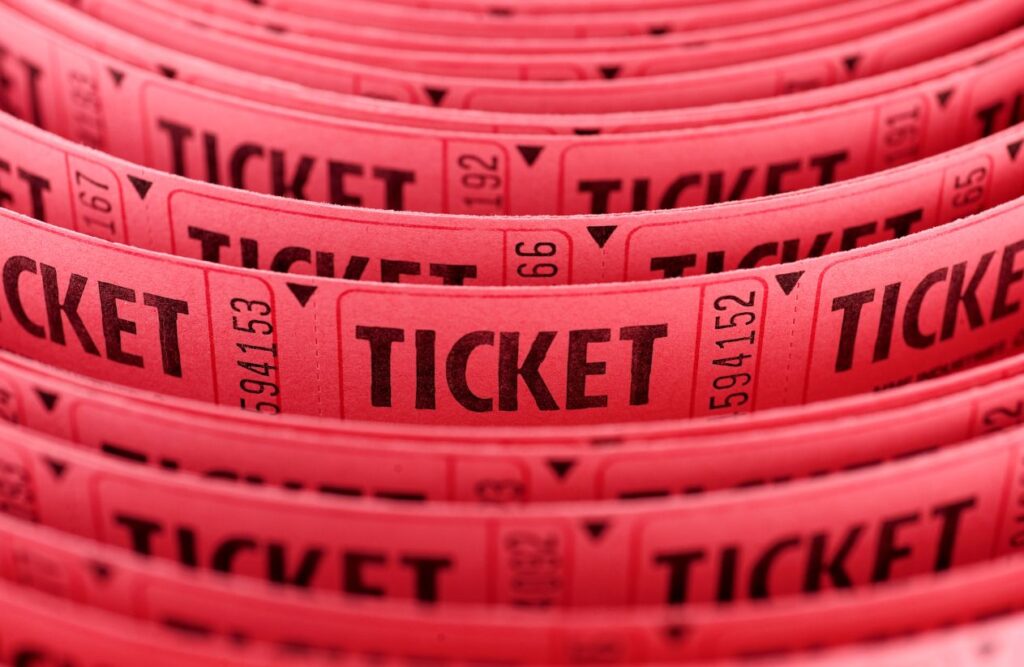
As a seasoned event planner with extensive experience in organizing corporate events, I have gathered a wealth of knowledge on how to effectively boost early bird ticket sales.
This strategy not only helps ensure financial stability by securing initial funds but also creates a buzz around the event, encouraging more attendees to commit early.
Here are some proven strategies:
Creating an Attractive Value Proposition
The first step in encouraging early bird ticket purchases is to craft an enticing value proposition.
This means offering tickets at a significantly reduced price for those who commit to attending your event well in advance.
However, price reduction alone may not suffice. Combining this with exclusive perks such as VIP seating, access to special sessions, or even free merchandise can significantly enhance the attractiveness of your early bird offer.
Remember, the goal is to make attendees feel they are getting exceptional value for their prompt commitment.
Related Content: Unlock the Full Potential of Your Event with Digital Ticketing Solutions
Leveraging Scarcity and Urgency
Scarcity and urgency are powerful psychological triggers that can drive action. Limit the number of early bird tickets available or set a strict deadline for purchasing at a reduced rate.
This creates a sense of scarcity, making the offer more desirable. Communicating this urgency through your marketing channels, emphasizing that it’s a limited-time offer, encourages potential attendees to act quickly to secure their spot at a favorable rate.
It’s crucial to strike the right balance here; you want to motivate, not pressure your audience.
Engaging Your Audience Early
Building anticipation and engaging with your potential audience long before the event goes a long way in ensuring a successful early bird ticket sale campaign.
Utilize email marketing, social media platforms, and even direct outreach to past attendees to build excitement.
Share sneak peeks of what they can expect, highlight the benefits of attending your event, and remind them of the advantages of purchasing early bird tickets.
Personalized communication can make your audience feel valued and more inclined to commit early. Implementing these strategies requires thoughtful planning and execution.
By offering compelling value, creating a sense of urgency, and engaging with your audience well in advance, you can significantly increase your early bird ticket sales and set a positive trajectory for your event’s overall success.
Leveraging Social Media to Elevate Visibility and Boost Your Event Ticket Sales
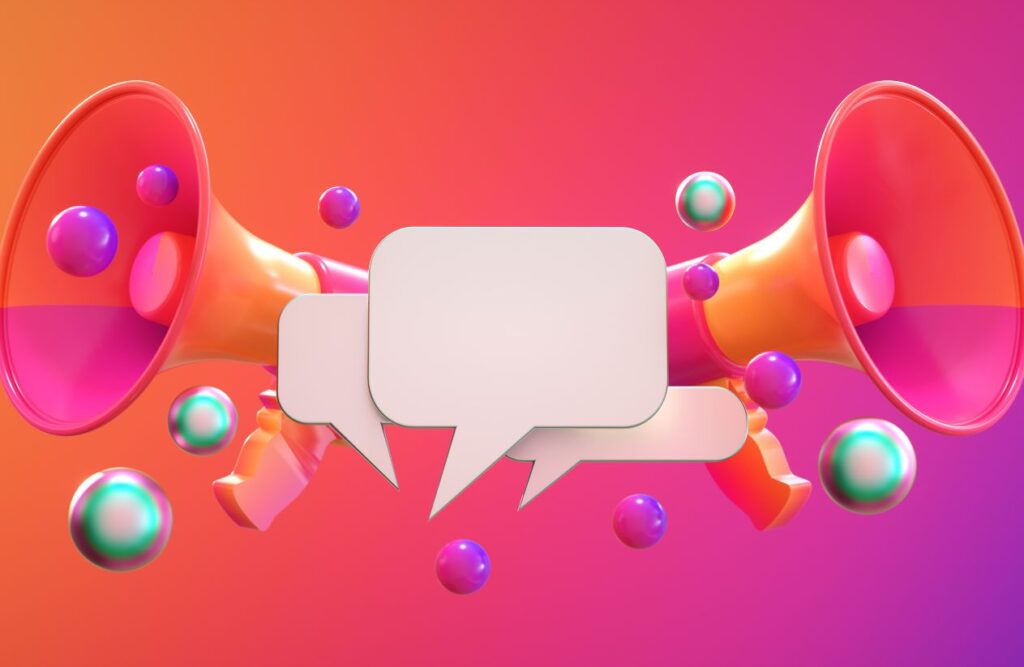
In today’s digital age, leveraging social media is indispensable for event planners looking to boost the visibility of their events and, consequently, ticket sales.
With billions of users across various platforms, social media offers a vast audience base that is too significant to ignore.
Below are strategies to effectively utilize these platforms to enhance your event’s reach and drive ticket sales.
Optimize Your Event’s Social Media Profiles
First and foremost, ensure your event has a dedicated presence on major social media platforms like Facebook, Instagram, Twitter, and LinkedIn.
These profiles should not only present all the essential information about your event but also embody its unique vibe and ethos. Use captivating visuals and consistent branding across all platforms to grab attention.
Regularly update your accounts with engaging content related to the event, including teasers, behind-the-scenes looks, and relevant industry news, to keep your audience engaged and excited.
Empower Attendees and Speakers as Promoters
One of the most effective ways to amplify your event’s visibility is by turning your attendees, speakers, and sponsors into advocates.
Encourage them to share your event within their networks by creating shareable content such as pre-made social media posts, hashtags, and graphics.
You can also offer incentives for sharing, like discounts on future events or exclusive access at the current event. This not only extends your reach to potential attendees within similar interest groups but also adds an element of trust and credibility to your event’s promotion.
Leverage Paid Social Media Advertising
Incorporate paid social media advertising into your promotional strategy to further boost your event’s visibility and ticket sales.
Platforms like Facebook and Instagram offer targeted advertising options that allow you to reach specific demographics based on interests, location, behavior, and more.
By carefully crafting your ad campaigns to appeal to your ideal attendee profile, you can efficiently drive awareness and conversions.
Experiment with different ad formats and content to see what resonates best with your target audience, and make sure to track the performance of your campaigns to continuously optimize your approach.
By implementing these strategies, event planners can effectively use social media to not only increase the visibility of their events but also significantly boost ticket sales.
The key is to maintain consistent and compelling engagement with your audience, use data to inform your strategies, and always be on the lookout for innovative ways to leverage social media platforms to your advantage.
Maximizing Engagement Through Email Marketing Campaigns
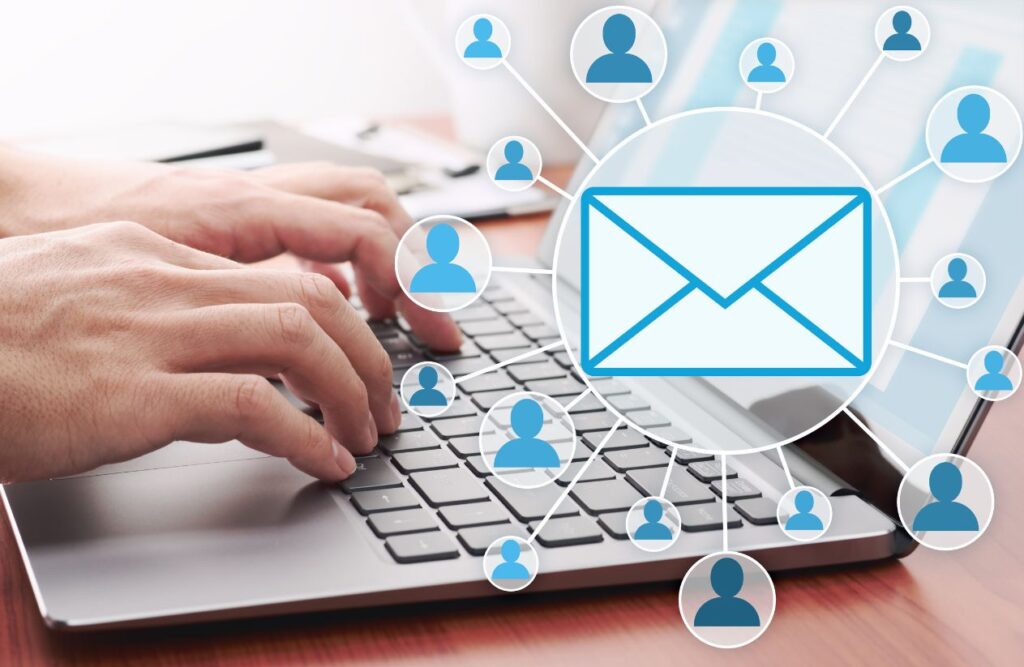
Email marketing remains a highly effective tool for promoting events and driving ticket sales if harnessed correctly.
It allows event organizers to directly reach potential attendees with personalized messaging, crucial event information, and compelling calls to action.
To maximize engagement through your email marketing campaigns, it’s essential to strategize effectively and use proven tactics that resonate with your target audience.
Creating Personalized Email Experiences
Personalization is key to making your recipients feel valued and understood. Using the data collected from your subscribers, such as past event attendance and engagement history, you can tailor your email content to suit their preferences and interests.
This can range from addressing them by their first name to recommending specific events that align with their past behaviors.
Segmenting your email list based on these criteria allows for more targeted and relevant communication, significantly increasing the chances of engagement and conversion.
Optimizing Send Times and Frequency
The timing and frequency of your emails can greatly affect their open and click-through rates.
It’s important to test different send times to determine when your audience is most likely to engage with your content.
Similarly, finding the right balance in how often you send your emails is crucial; too frequent, you risk overwhelming or annoying your subscribers, and too sparse, your event might slip their minds.
An optimal schedule keeps your audience informed and excited, without tipping into irritation.
Leveraging Engaging Content and Calls-to-Action
The content of your emails should be enticing, informative, and concise. Utilize high-quality images and videos of past events to visually engage your readers and give them a taste of what they can expect.
The inclusion of compelling calls-to-action (CTAs) is also critical.
Whether it’s an early bird ticket offer, an exclusive access pass, or a simple prompt to learn more about the event, your CTAs should be clear, prominent, and persuasive, guiding the reader toward the next step in the conversion process.
By focusing on personalization, optimizing your send times and frequency, and curating engaging content paired with effective CTAs, your email marketing campaigns can significantly bolster your event ticket sales.
Remember, the goal is not just to inform but to excite and motivate your potential attendees to act.
Partnerships and Sponsorships: Expanding Your Event’s Reach
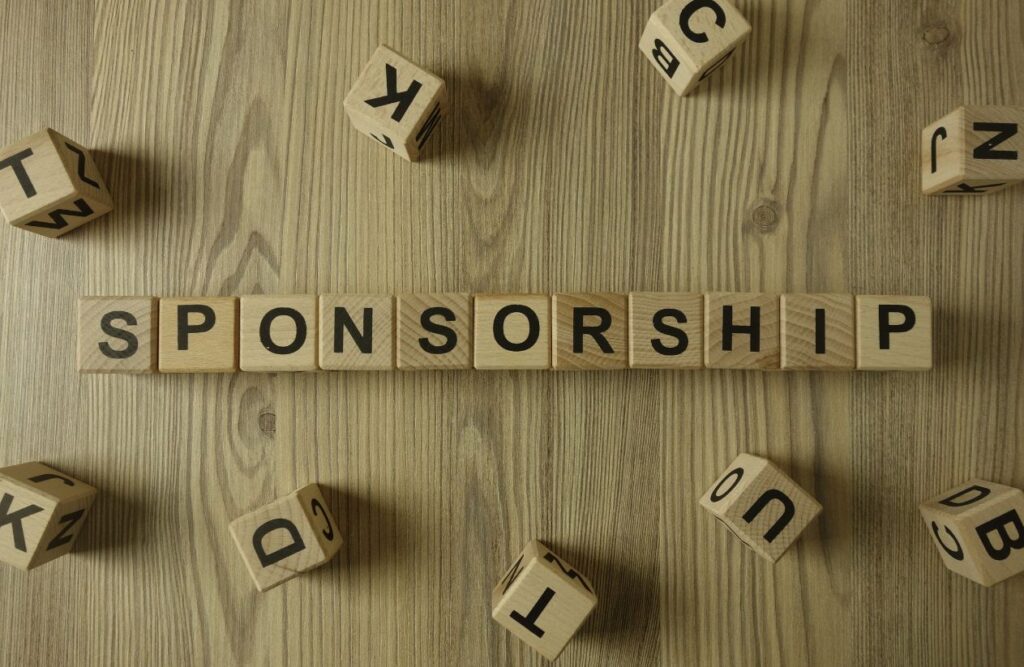
Exploring strategic partnerships and sponsorships can significantly amplify your event’s visibility and attractiveness, ultimately driving up ticket sales.
Savvy event planners understand the power of leveraging relationships and brand alignments to tap into wider audiences.
Here’s how you can expand your event’s reach through effective collaborations:
Finding the Right Partners
The first step towards a successful partnership is identifying companies and brands that share a similar target audience but don’t directly compete with your event.
Look for potential partners who embody the same values and mission as your event, ensuring a natural and coherent collaboration.
This synergy not only enhances the appeal of your event but also increases the likelihood of their audience’s interest in attending.
Engage with local businesses, industry influencers, and even non-profits that align with your event’s theme or purpose.
Leveraging Sponsorship Deals
Sponsorships can take your event to the next level. Beyond financial support, sponsors can offer valuable resources such as marketing muscle, guest speakers, or in-kind donations like venues or services.
When courting potential sponsors, customize your proposal to highlight mutual benefits.
Show them clear metrics on how sponsoring your event will increase their brand exposure and engage them with your audience.
Remember to outline different levels of sponsorship, offering various degrees of visibility and perks to accommodate different budgets and interests.
Maximizing Collaborative Marketing Efforts
Once partnerships and sponsorships are in place, it’s crucial to maximize these relationships through collaborative marketing efforts.
Co-create content that resonates with both your audiences, such as blog posts, social media campaigns, or co-hosted webinars.
Utilize the digital footprints of all parties involved by sharing and promoting each other’s content. This not only broadens the reach of your event’s promotions but also adds credibility through association.
Additionally, consider exclusive offers or early bird tickets for the audiences of your partners and sponsors as a way to drive direct ticket sales.
By strategically selecting partners and sponsors, and effectively leveraging these relationships in your marketing strategies, you can significantly expand your event’s reach and appeal.
This, in turn, drives ticket sales and contributes to the overall success of your event.
Also Read: Top Ticket Platform for Minimal Fees
Analyzing and Adjusting: The Key to Continuous Sales Growth
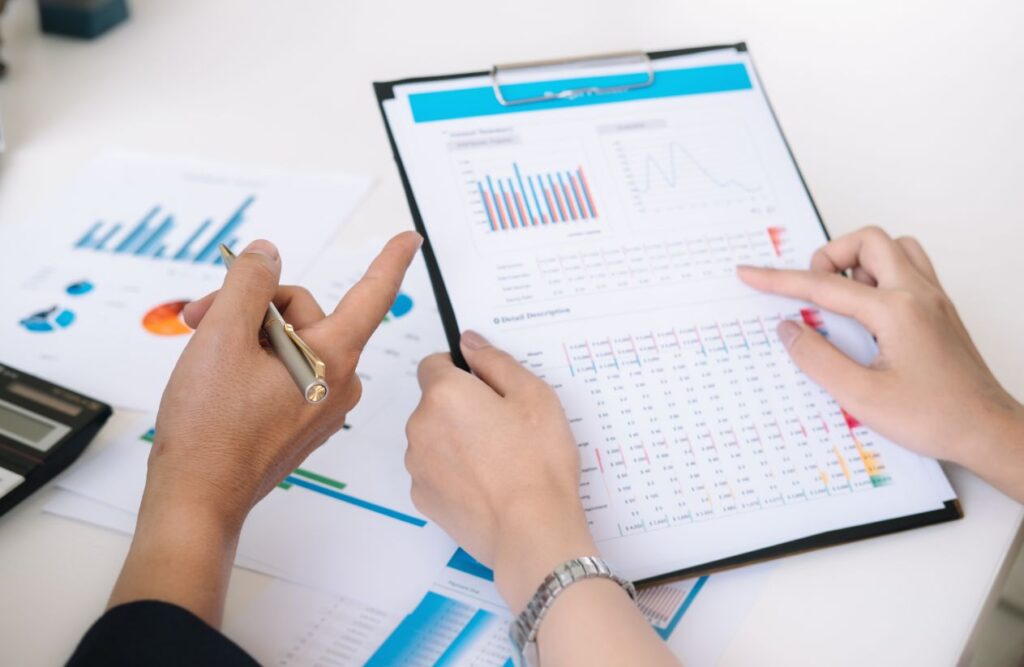
In the dynamic landscape of event planning, ensuring continuous sales growth necessitates a strategic approach grounded in constant analysis and adjustment.
Leveraging insights from a seasoned event planner with extensive experience in corporate events can provide invaluable tips for optimizing ticket sales, as insightfully discussed on platforms like Eventbrite.
Tracking and Utilizing Data Effectively
At the heart of continuous improvement lies the meticulous tracking of sales data.
This encompasses not just the volume of tickets sold but also the timeline of sales, demographic information of attendees, and the efficacy of promotional channels.
By implementing analytics tools or utilizing the comprehensive data analysis features of platforms such as Eventbrite, planners can gain a nuanced understanding of what drives ticket sales for their events.
This data is the foundation for making informed decisions about pricing strategies, marketing approaches, and even the timing of ticket releases.
Iterative Improvements Based on Feedback
Another critical aspect is the collection and analysis of attendee feedback. This direct input from your audience is gold dust for adjusting aspects of the event that can enhance the overall experience and, by extension, future ticket sales.
Whether it’s through post-event surveys, social media interactions, or direct communications, understanding the attendee experience provides clear direction for what needs to be improved, replicated, or omitted in future events.
Such iterative improvements are essential for maintaining the relevance and appeal of your events over time.
Adapting To Market Trends and Innovations
The event planning industry is continuously evolving, influenced by changes in technology, cultural trends, and attendee expectations.
Staying abreast of these trends and being willing to adapt your event planning and marketing strategies accordingly is crucial.
This might mean integrating new technologies for a more immersive attendee experience, leveraging emerging social media platforms for promotion, or rethinking your event format to meet changing preferences.
The willingness to innovate and adjust based on market trends and specific audience feedback ensures that your events remain fresh, engaging, and in demand.
Continuous sales growth in event ticketing is achievable through a cycle of analyzing data, incorporating feedback, and adapting to both micro and macro-level changes in the market.
By maintaining this cycle of evaluation and adaptation, event planners can not only sustain but also increase their event ticket sales over time, ensuring the long-term success of their events.
